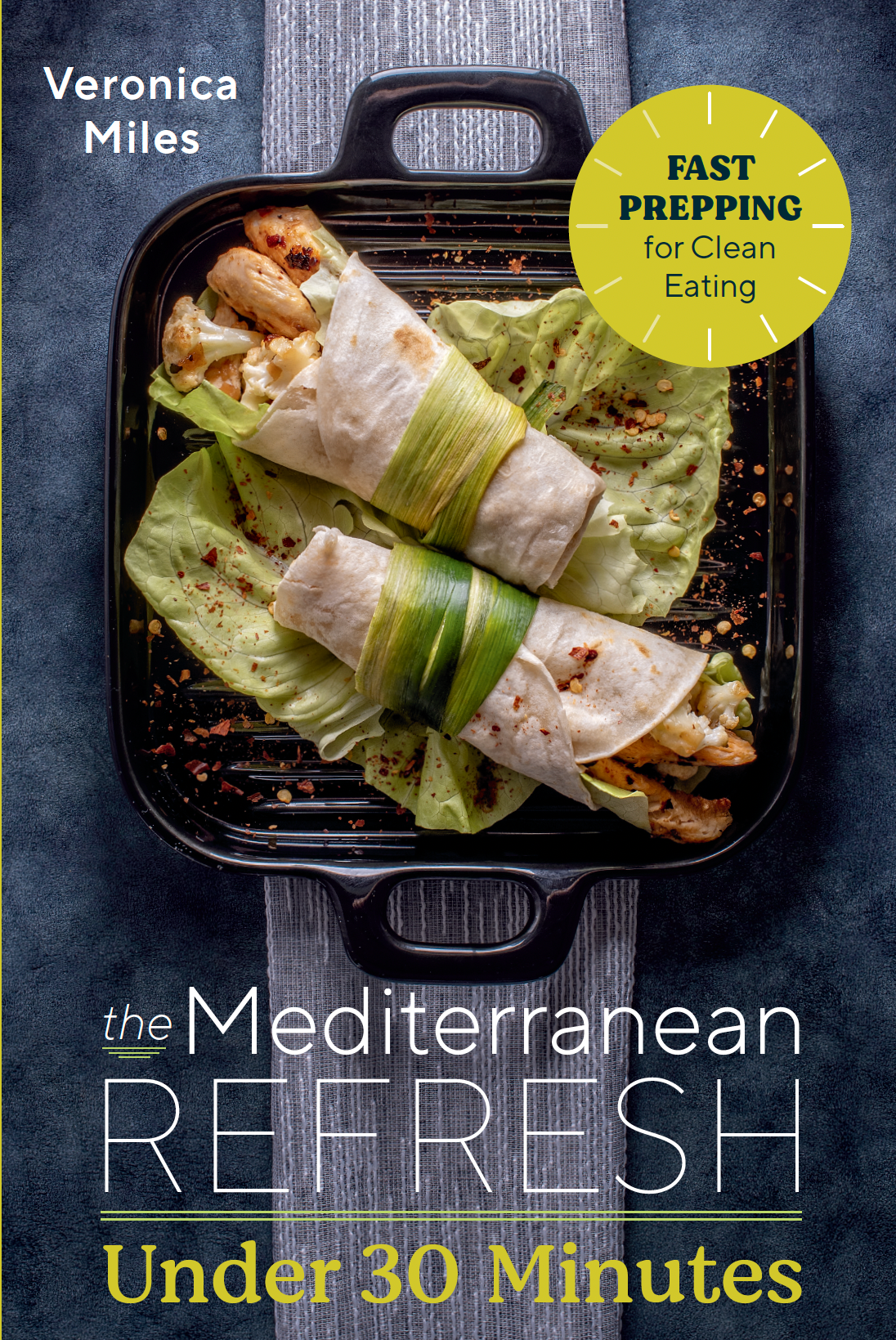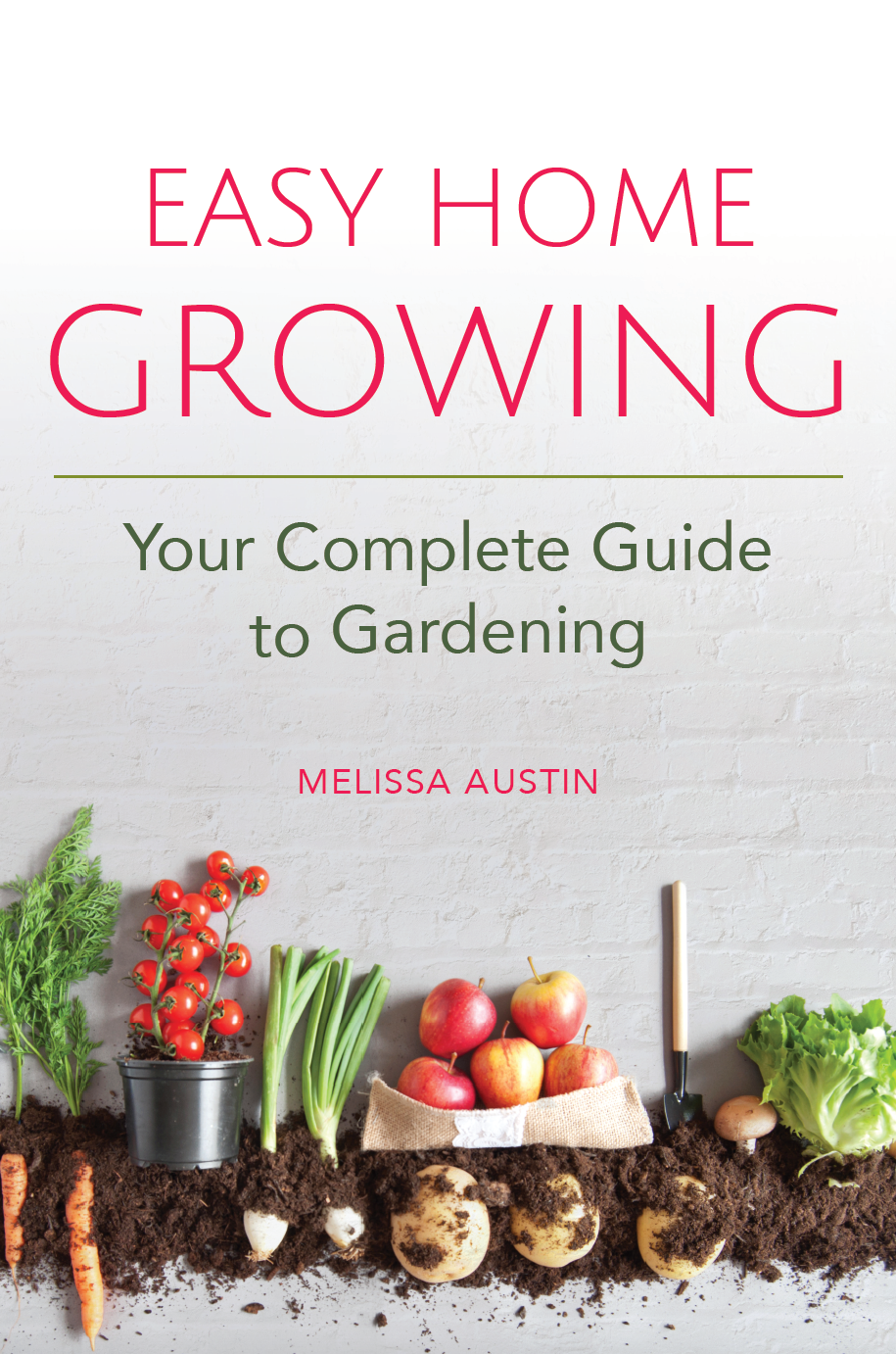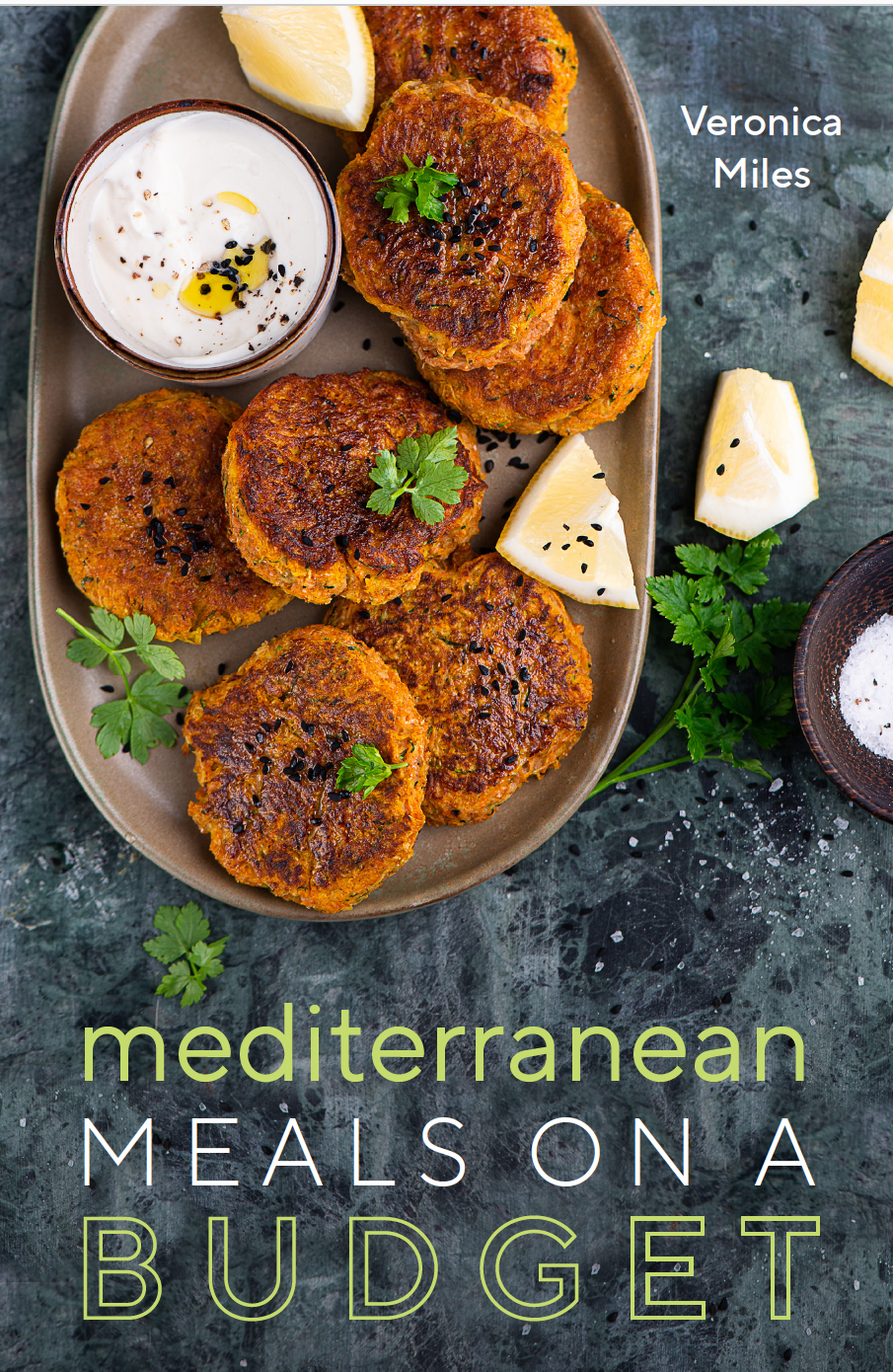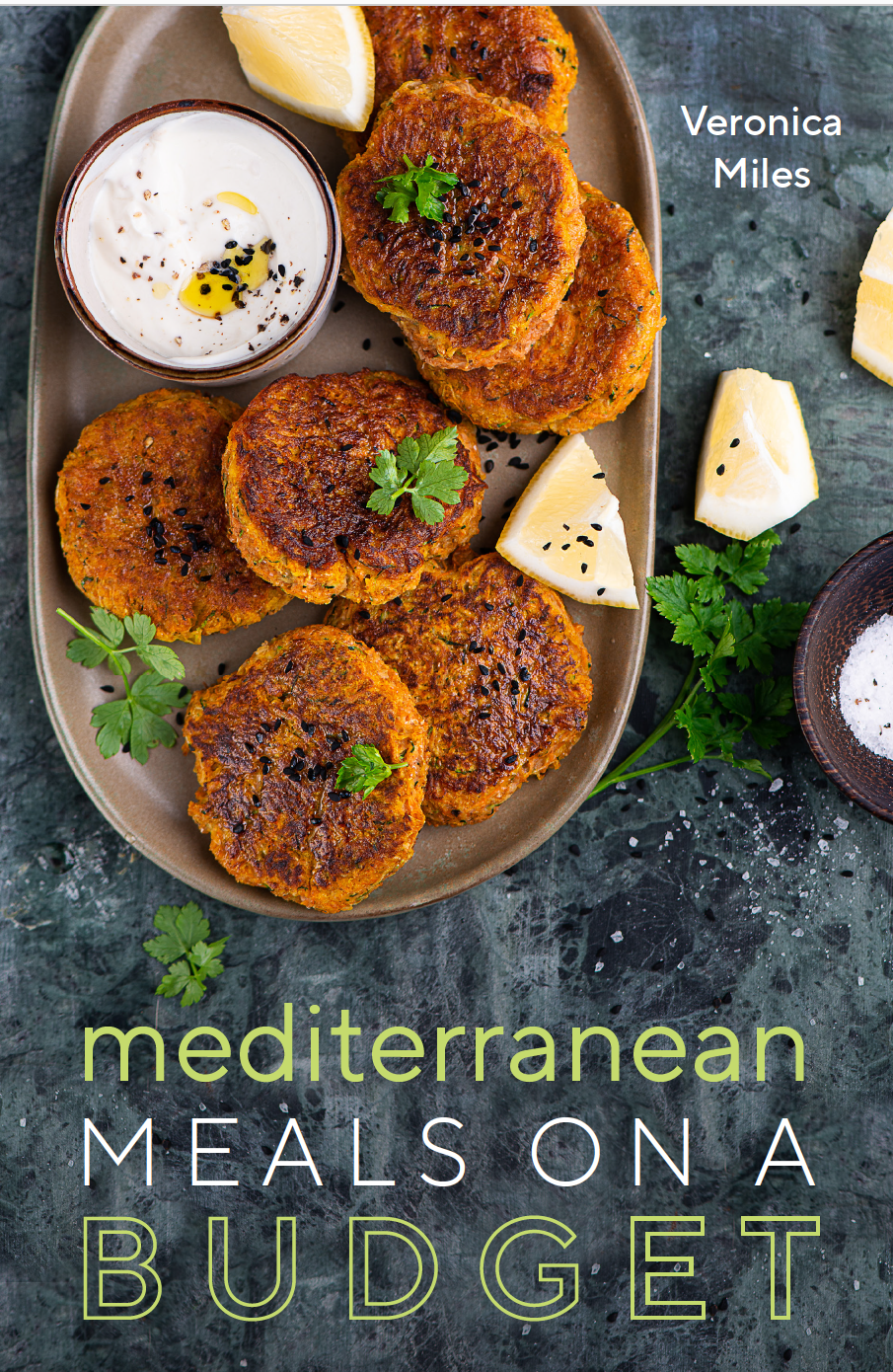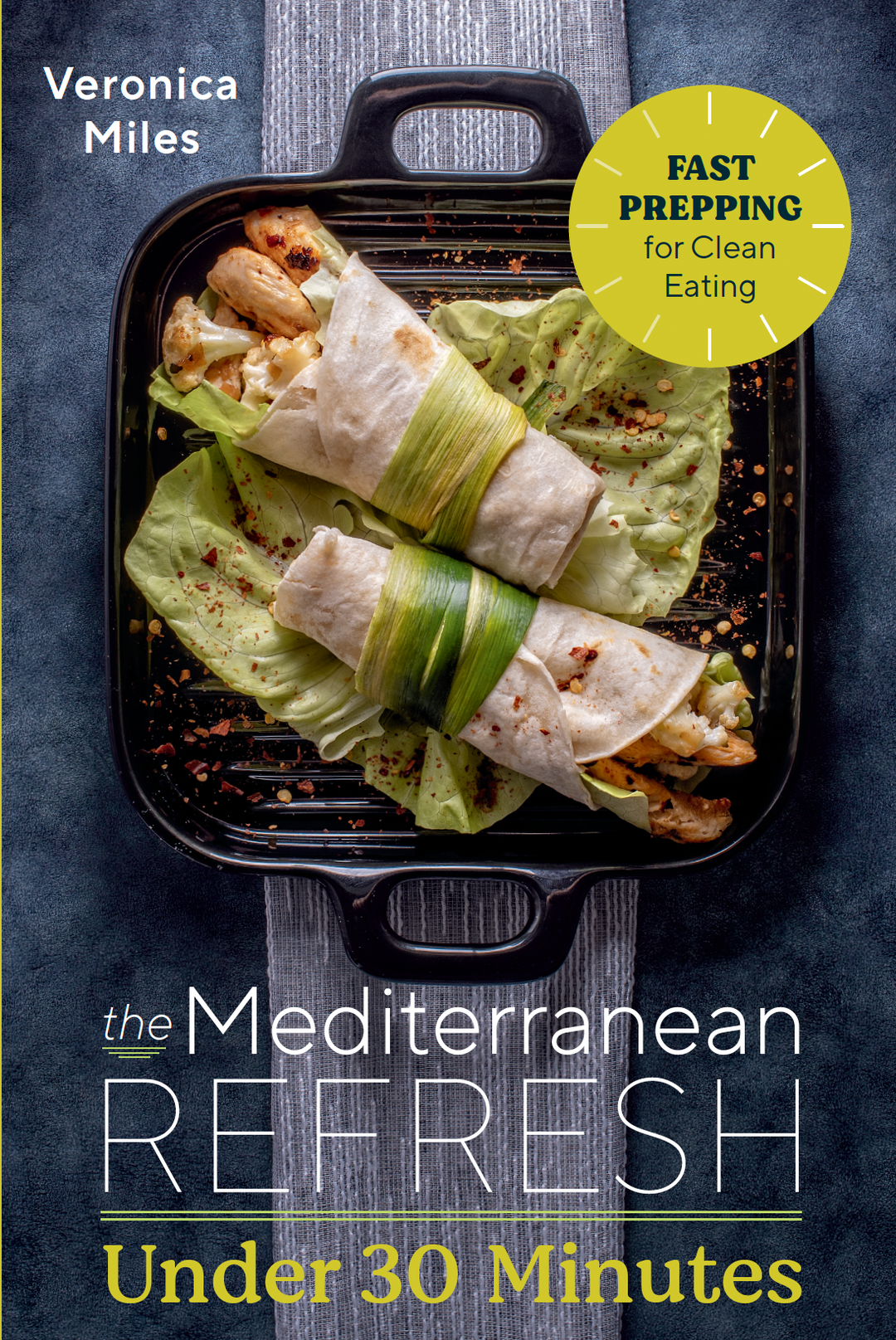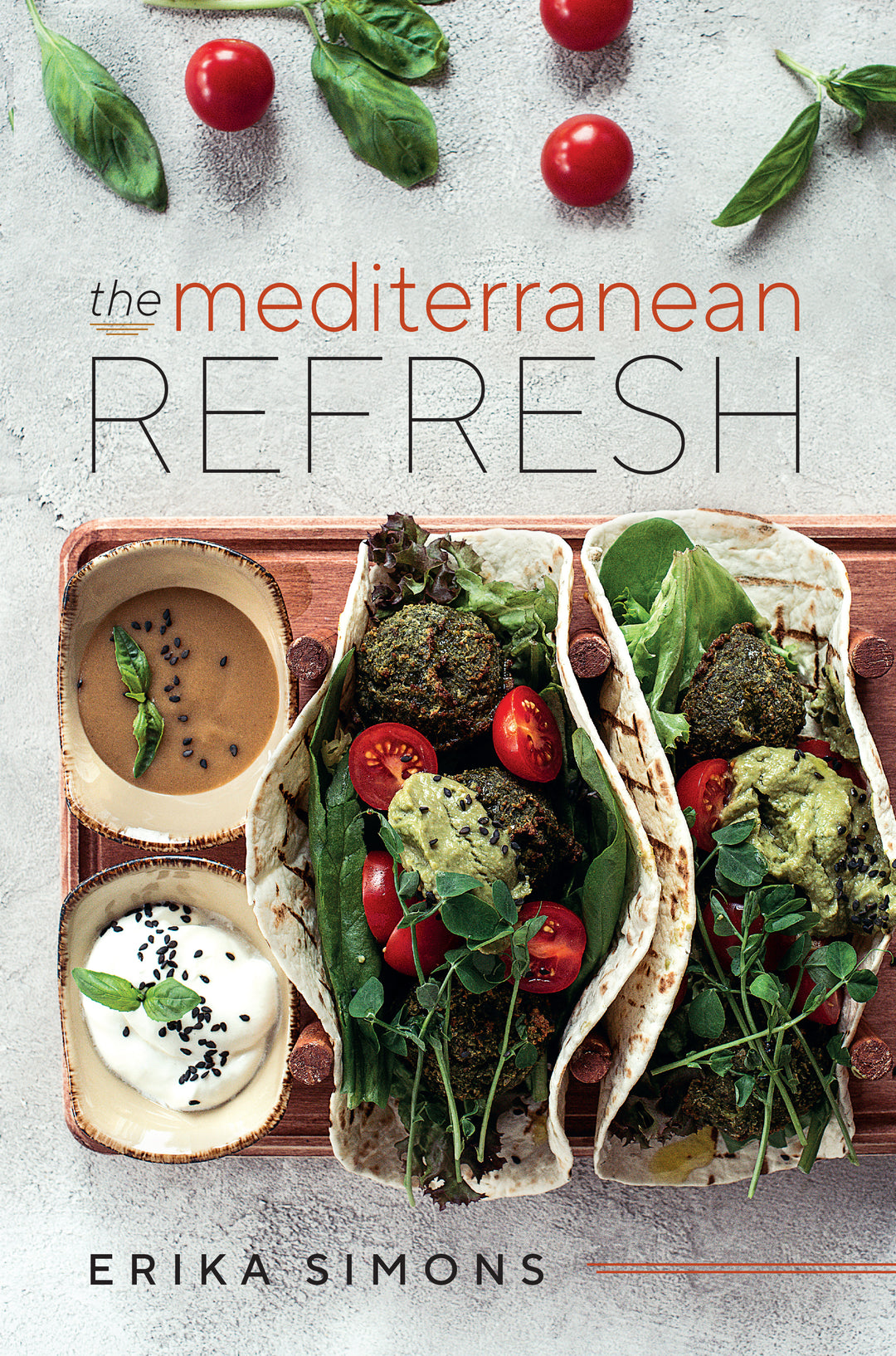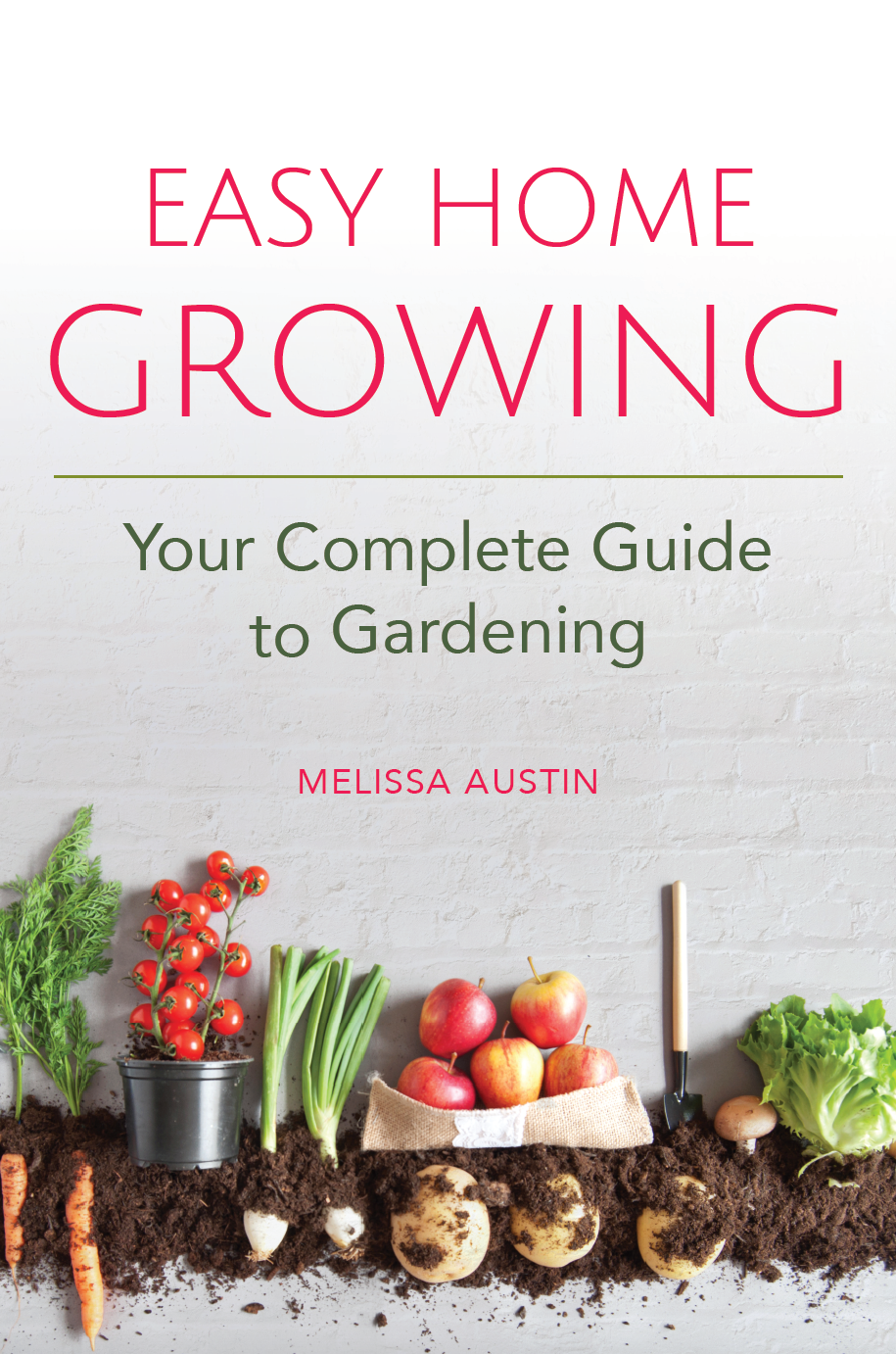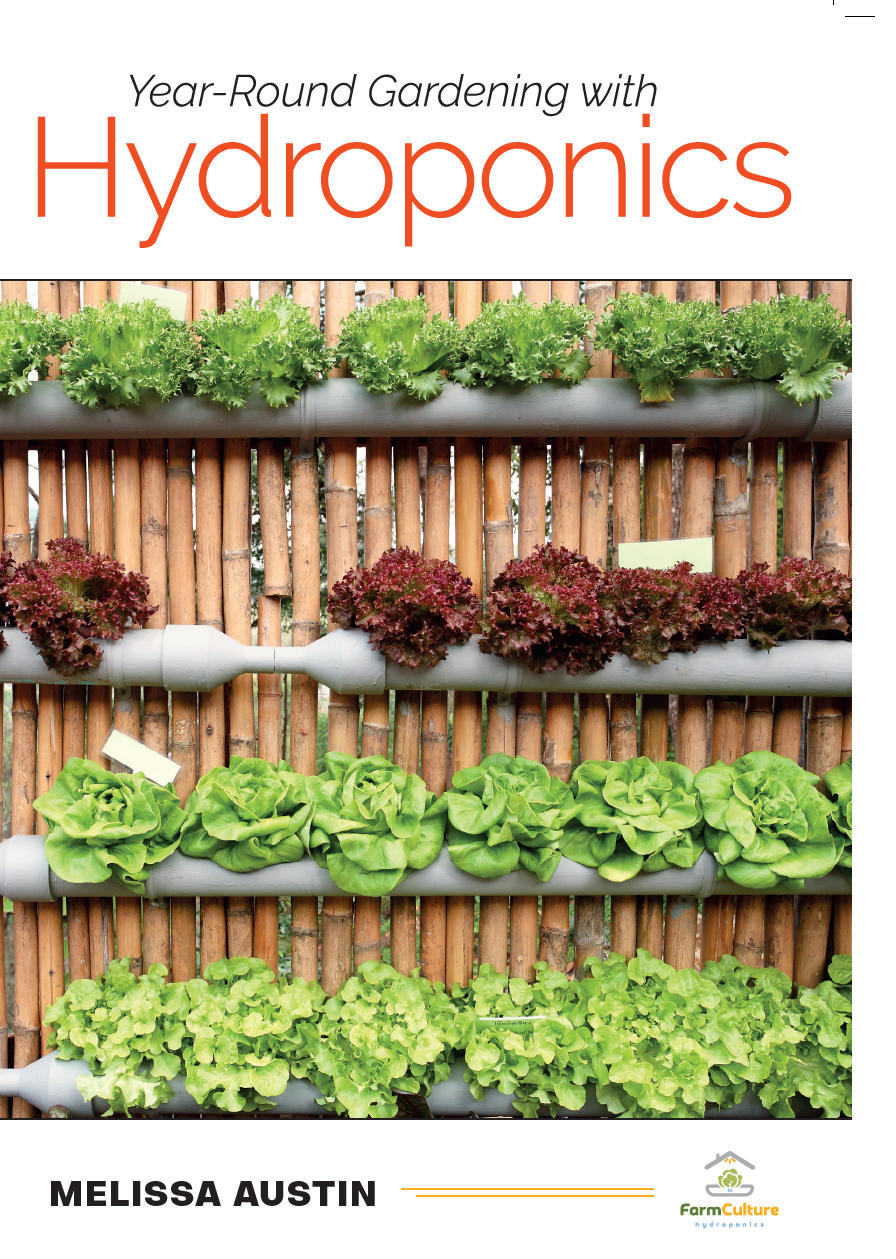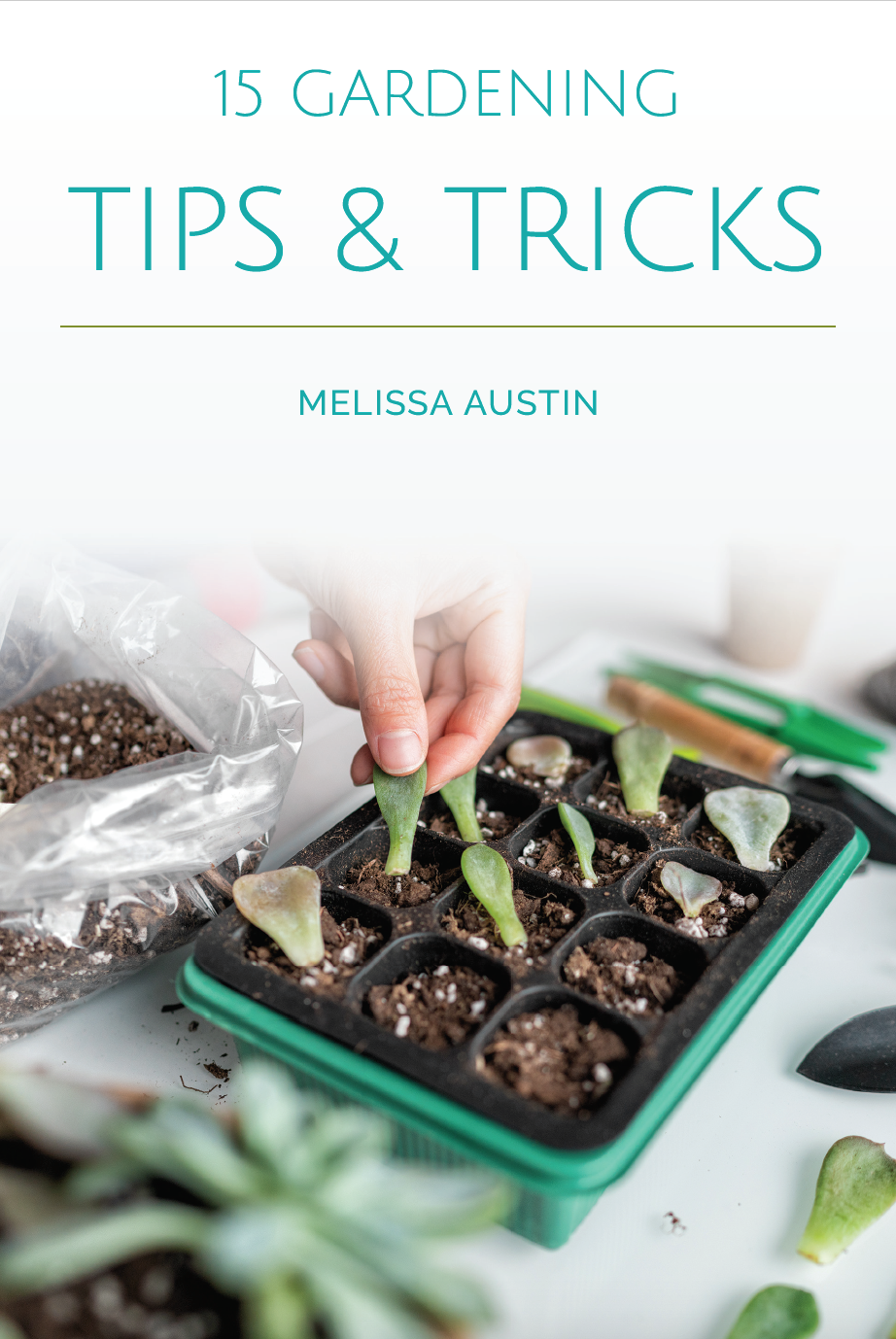Why Is Culinary Wellness Important for a Healthy Lifestyle?
Culinary wellness focuses on the connection between food and health. It emphasizes the importance of nutritious eating and smart cooking choices for a balanced lifestyle. In this blog, we will explore the key reasons why culinary wellness is essential for maintaining a healthy life.
Understanding Culinary Wellness
Culinary wellness is about more than just food; it’s about understanding the role that nutrition plays in our health and well-being. It includes learning how to prepare meals from whole, unprocessed ingredients.
Understanding culinary wellness means recognizing how our food choices impact our health. When we prioritize fresh, seasonal ingredients, we not only nourish our bodies but also connect with nature. This connection fosters a sense of gratitude and mindfulness.
Moreover, culinary wellness encourages us to explore various cooking methods. From sautéing to slow-cooking, each technique can either enhance or diminish the nutritional value of our meals. By being aware of these methods, we become more intentional cooks.
The Role of Nutrition in Health
Nutrition directly impacts our physical health, influencing everything from energy levels to the immune system. Eating a balanced diet with adequate nutrients is crucial for maintaining overall health.
Attaining optimal nutrition is not a one-size-fits-all approach. Our individual needs vary based on age, activity level, and lifestyle. Therefore, understanding these needs can empower us to make informed food choices.
Furthermore, nutrition ties into long-term health outcomes. For instance, a diet rich in fruits, vegetables, and whole grains can reduce the risk of chronic diseases like diabetes and heart disease. This preventative aspect highlights the importance of culinary wellness.
Mindful Eating Practices
Mindful eating encourages us to pay attention to what we consume, helping us make better food choices. It focuses on savoring each bite and listening to our body’s hunger cues.
Practicing mindfulness while eating can transform our relationship with food. Instead of rushing through meals, we learn to appreciate the aromas, textures, and flavors. This not only enhances enjoyment but also aids digestion.
Additionally, mindful eating can combat emotional eating. By recognizing triggers and emotions associated with food, we can create healthier coping mechanisms. This level of awareness fosters a more balanced approach to nourishment.
Creating a Balanced Meal Plan
A balanced meal plan is a key component of culinary wellness. Incorporating a variety of food groups ensures we get the necessary nutrients while keeping our meals interesting and delicious.
When crafting a meal plan, it’s essential to think visually and flavor-wise. Adding vibrant colors to your plate not only looks appealing but also indicates a variety of nutrients. This artistic approach can make healthy eating enjoyable.
Consider making a weekly meal prep routine. Preparing multiple meals ahead of time not only saves time but also instills confidence in our cooking skills. This way, culinary wellness becomes an effortless part of our daily lives.
Cooking Techniques for Health
The way we cook food can greatly affect its nutritional value. Exploring healthy cooking techniques, such as steaming and baking, can help preserve nutrients and enhance flavors.
Incorporating raw foods into our diet is another way to benefit from cooking techniques. Raw vegetables, fruits, and nuts provide essential enzymes and nutrients that enhance overall wellness. This mix ensures we are not only enjoying variety but also maximizing health benefits.
Additionally, learning about spices and herbs can be an exciting culinary adventure. These ingredients not only add flavor but also offer various health benefits, such as anti-inflammatory properties. This knowledge empowers us to cook consciously and creatively.
Embracing Culinary Wellness for a Better You
Embracing culinary wellness can transform your life by enhancing your physical health, mental clarity, and overall well-being. By making mindful food choices and understanding the nutritional value of what we consume, we can foster a healthier, happier lifestyle.




